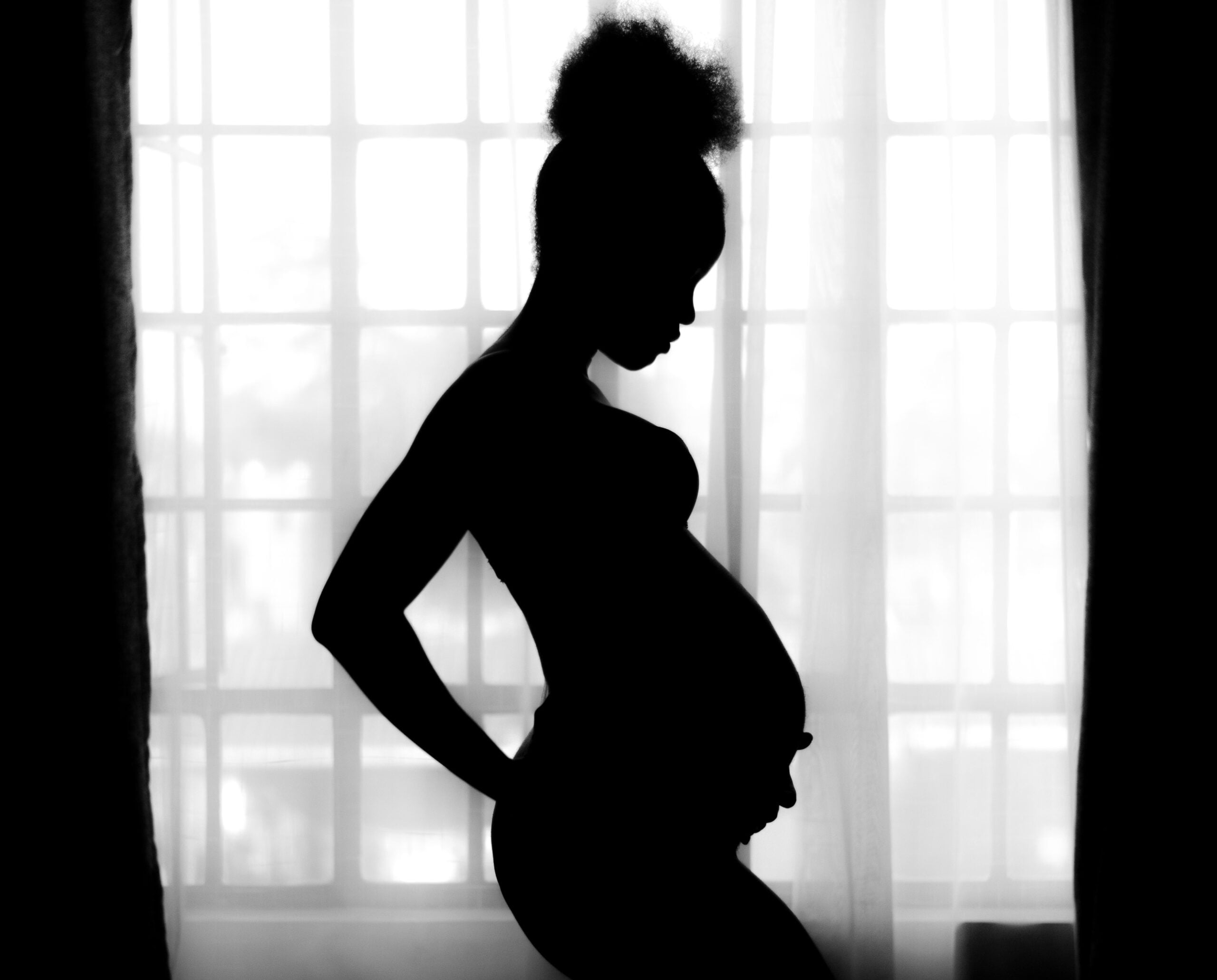Article by Gal Stiglitz
Time to read: 4 minutes
One of the most fascinating examples, in nature, of resilience in the face of crisis is hiding in one of the meanings of the word crisis in Hebrew (משבר MASHBER) which also means labour.
It is so common that we take it for granted, but every woman going through pregnancy and labour demonstrates immense resilience; she faces tremendous physical pain and mental stress that can only be handled with enormous inner strength. Thanks to the developments in modern medicine, we sometimes forget how vulnerable women are during this time. Until not long ago, dying whilst giving birth or as a consequence of it was not rare at all. I almost fainted during my son’s birth, and I was not even going through it myself.

Have you ever wondered what equips a woman to develop such natural mental resilience in the face of this intense moment of crisis? How does she instil within herself the capacity for natural endurance? My theory is that there are three major factors that contribute to the natural resilience of women.
She Is Not Resisting Nature; She Is In Flow With It
A woman knows that this is part of nature, she is expecting it, and she knows it is inevitable and temporary. It is not forever, it will pass. You count months or weeks during pregnancy, but when it comes to labour you count in hours. Knowing that this painful process will be a matter of hours or, at most, a few days, helps her endure it. She is not resisting nature; she is in flow with it. The secret is trusting and letting nature do its work. This is a shift in perspective that we can all experience, to increase our resilience. No matter what the difficulty we are facing, it is natural, temporary and it will pass, like a sea wave that comes and goes.
Sharing Vulnerability, Asking For Help And Using The Support Of Others
A woman in labour most often doesn’t try to hide her vulnerability, she expresses it, shares her difficulties, and communicates her pain to the people around her. She embraces the support of her family and community, whether emotional, mental or physical. We sometimes get tricked into thinking that holding our own pain is a way to be strong, that we can carry our pain alone and be Spartan about it, but the nature of women in labour teaches us that there is wisdom in being vulnerable. Sharing our pain with others and embracing the support they offer helps us get through difficult moments.

She Gives A Bigger Meaning To The Pain
As mentioned in our previous article, the root of ‘crisis’ in Hebrew can also mean ‘to interpret and give meaning’. Another reason a woman can withstand the pain of labour is because she is aware of the meaning. It is through this painful process that new life is channelled. For her, the fruits are worth the suffering. In some sense, the pain seems small when compared to the reward. Meaning, as Viktor Frankl pointed out, is the source of our resilience. If a painful crisis is not linked to a deeper meaning, we might fall apart in the process. But if it is, there is nothing the human spirit cannot endure. Therefore, a lack of resilience is simply feedback from our psychology that we are experiencing a void in meaning.

Conclusion
Friedrich Nietzsche once said, ‘He who has a why to live can bear almost any how.’ When we face challenges, the story we tell ourselves about our experience will matter the most. That is the secret power of women; that is what we can learn from them. The more we link it to our internal world and something we deeply care about, the more we will be able to face the pain.
This article is the third in a series of four on the topic of crisis. A few weeks ago, I took you on a journey through language and the different perspectives it can reveal. This article looks at one of the meanings of crisis in Hebrew to explore learnings we can take away by observing the nature of women. In the next and last article in this series, I will detail the practice which helps us face crises powerfully and effectively.
Written by Gal Stiglitz, Founder & Creator of iDiscover 360, a school of thought for human development and life design in the modern era.
